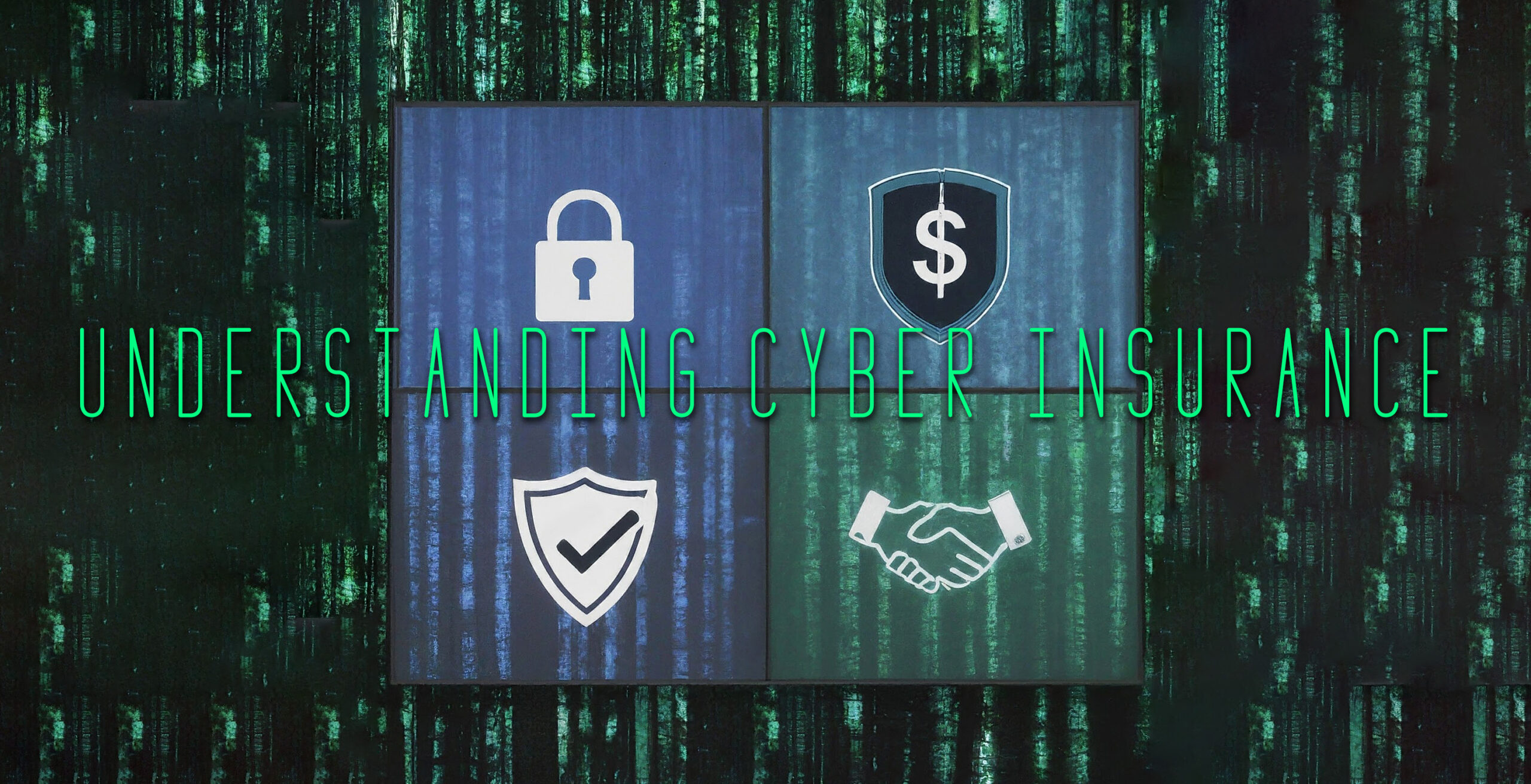Cyber Liability Insurance for Businesses: Why It’s Essential in the Digital Age
In today’s fast-paced digital world, businesses of all sizes are increasingly vulnerable to cyber threats. From data breaches and ransomware attacks to phishing scams and malware, the risk of cyber incidents is ever-present. One of the best ways to protect a business from these potential financial and reputational damages is by investing in cyber liability insurance. This type of insurance helps businesses navigate the aftermath of a cyber attack and ensures they are prepared to handle both the immediate and long-term consequences.
In this article, we will explore what cyber liability insurance is, why it’s crucial for businesses, the types of coverage it offers, and how to choose the right policy for your company.
What is Cyber Liability Insurance?
Cyber liability insurance is a policy designed to protect businesses against financial losses caused by cyber-related incidents. These incidents can range from data breaches to cyberattacks that compromise sensitive information, disrupt business operations, or damage a company’s reputation. The coverage provided by cyber liability insurance can vary depending on the policy, but it typically includes assistance with the costs of legal fees, notification expenses, regulatory fines, and public relations efforts.
Businesses today rely heavily on digital infrastructure, including cloud storage, websites, and social media platforms. Unfortunately, this digital dependency increases the risk of cyber incidents. Cyber liability insurance acts as a safety net that helps mitigate the financial impact of these attacks and supports companies as they recover from such events.
The Growing Need for Cyber Liability Insurance
The growing prevalence of cyberattacks and data breaches has made cyber liability insurance more important than ever. The reality is that no business is immune to cyber threats, regardless of its size or industry. Small businesses are especially vulnerable, as they often lack the resources to invest in advanced cybersecurity measures.
The rise in high-profile cyberattacks, such as the Equifax data breach and the WannaCry ransomware attack, has brought attention to the devastating consequences of such incidents. These attacks resulted in millions of dollars in damages and exposed sensitive data of millions of people. As a result, businesses are increasingly seeking cyber liability insurance to protect themselves from these evolving threats.
Types of Cyber Liability Insurance Coverage
There are two primary types of cyber liability insurance coverage: first-party coverage and third-party coverage. Both are designed to help businesses recover from the financial fallout of a cyberattack, but they differ in the types of incidents they cover.
1. First-Party Coverage
First-party coverage helps businesses recover from the direct financial impact of a cyber incident. This type of coverage includes:
- Data Breach Response: If a data breach occurs, first-party coverage can help cover the cost of notifying affected individuals, offering credit monitoring services, and paying legal fees associated with the breach.
- Business Interruption: If a cyberattack disrupts business operations, first-party coverage can help cover the loss of income during the downtime. For example, if a company’s website is hacked and unavailable for a period of time, the policy can compensate for the lost revenue.
- Cyber Extortion: In the case of ransomware attacks, where hackers demand payment to restore access to systems or data, first-party coverage can help cover the ransom payment, as well as any costs associated with recovering from the attack.
2. Third-Party Coverage
Third-party coverage protects businesses from claims made by external parties, such as customers, partners, or clients, who are affected by a cyber incident. This coverage includes:
- Liability for Data Breaches: If a business is responsible for a data breach that affects a third party, such as customer data, third-party coverage can help cover legal fees, settlement costs, and other expenses related to the breach.
- Regulatory Fines and Penalties: Many industries are subject to strict data protection regulations, such as the General Data Protection Regulation (GDPR) in Europe. If a business violates these regulations as a result of a cyber incident, third-party coverage can help cover the costs of fines and penalties.
- Professional Liability: If a business provides services that involve handling sensitive data, third-party coverage can help protect against claims related to errors or omissions that result in a cyber incident. For example, if a business mishandles a client’s data and causes a breach, it may be held liable for damages.
Why Do Businesses Need Cyber Liability Insurance?
- Increasing Cyber Threats: As mentioned earlier, cyber threats are becoming more sophisticated and frequent. From phishing scams to advanced persistent threats, businesses must be prepared to handle a variety of cyber risks. Without the proper coverage, the financial and reputational damage from such attacks can be devastating.
- Regulatory Requirements: Many businesses are required by law to protect sensitive data, such as customer information, from cyber threats. Cyber liability insurance helps businesses comply with data protection regulations, including GDPR, HIPAA, and others. In the event of a data breach, having the right insurance can help cover the costs associated with compliance and regulatory penalties.
- Reputation Management: A cyberattack can severely damage a business’s reputation, especially if customer data is compromised. Cyber liability insurance can provide the necessary resources to manage the fallout, including public relations efforts to restore trust and minimize long-term damage to the brand.
- Financial Protection: The costs of a cyberattack can quickly add up. Legal fees, notification costs, and business interruption can all result in significant financial losses. Cyber liability insurance offers financial protection by covering these costs, ensuring that the business can recover and continue operating without incurring crippling expenses.
How to Choose the Right Cyber Liability Insurance Policy
Choosing the right cyber liability insurance policy is essential for ensuring that your business is adequately protected. Here are some key factors to consider when selecting a policy:
1. Assess Your Business’s Risk Exposure
Before purchasing cyber liability insurance, it’s important to assess your business’s risk exposure. This involves identifying the types of data you handle, the technology you use, and the potential vulnerabilities in your systems. Businesses that store sensitive customer information or operate online are more likely to face cyber risks and may require more comprehensive coverage.
2. Consider the Coverage Options
Ensure that the policy offers both first-party and third-party coverage to protect against a wide range of cyber threats. Additionally, consider other coverage options, such as business interruption and data breach response, to ensure that all potential risks are covered.
3. Review the Policy Limits
Each cyber liability insurance policy has limits on the amount of coverage provided. Be sure to review these limits and choose a policy with coverage that aligns with your business’s needs. For larger businesses or those with extensive digital operations, higher coverage limits may be necessary.
4. Evaluate the Insurer’s Reputation
It’s essential to work with a reputable insurance provider that specializes in cyber liability insurance. Look for insurers with a track record of handling cyber claims and providing effective support during a breach or cyberattack.
5. Understand the Exclusions
Like any insurance policy, cyber liability insurance may have exclusions or limitations on certain types of coverage. Be sure to read the fine print and understand what is and isn’t covered by the policy.
Conclusion
In an increasingly digital world, cyber liability insurance has become an essential tool for businesses of all sizes. The risks posed by cyberattacks are real and growing, making it critical for businesses to take proactive steps to protect themselves. Cyber liability insurance provides financial protection and peace of mind, helping businesses recover from cyber incidents and ensuring they can continue operating in the face of evolving threats.
By understanding the types of coverage available, assessing your business’s risk exposure, and choosing the right policy, you can safeguard your business against the financial, legal, and reputational fallout from a cyberattack. Don’t wait for a breach to happen—protect your business today with cyber liability insurance.



+ There are no comments
Add yours